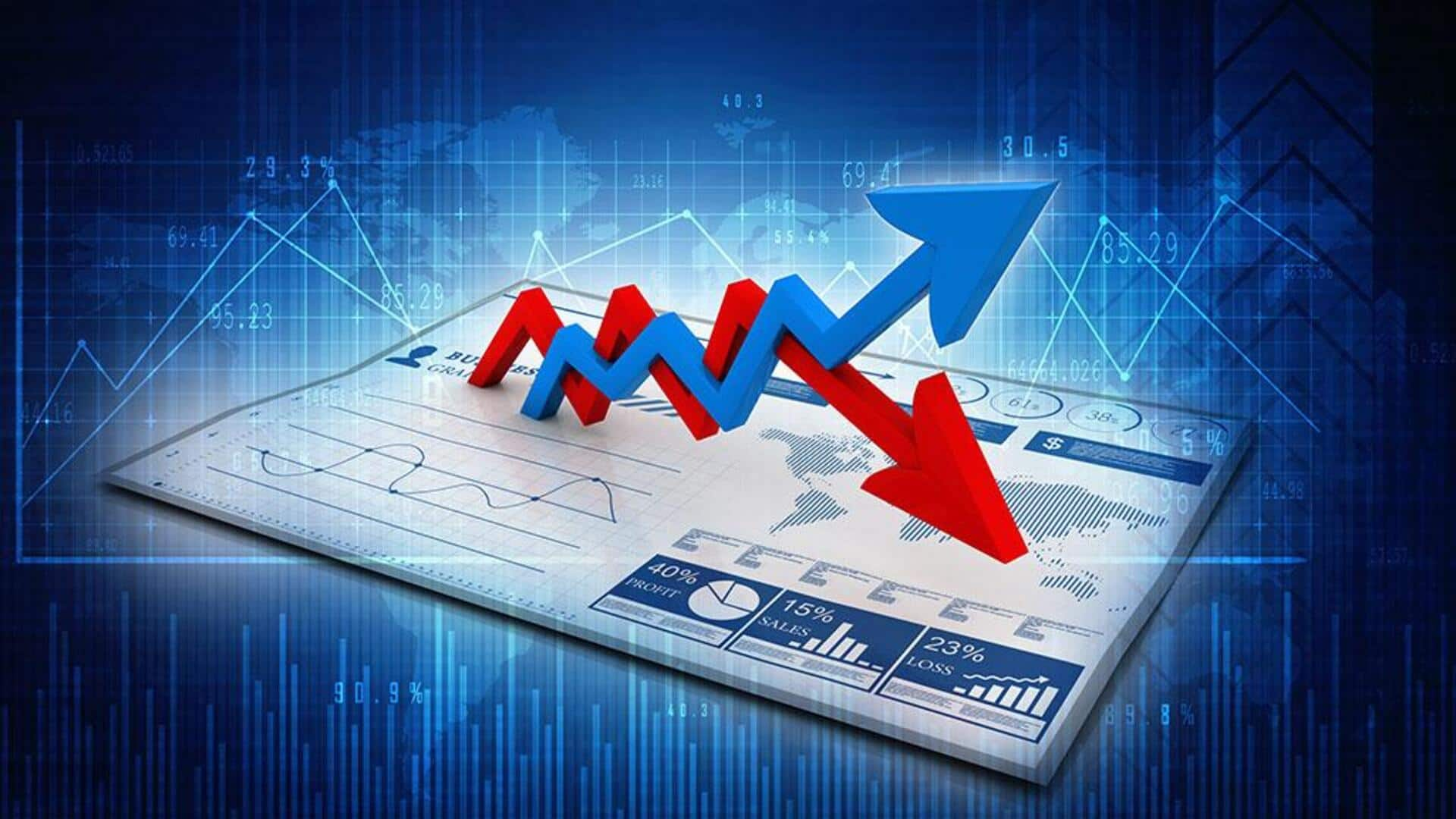
How inflation impacts your wallet and ways to fight back
What's the story
Inflation is one of the most important economic factors that directly impacts the purchasing capacity of consumers. With rising prices, everyday goods and services become costlier, affecting household expenses. Knowing how inflation affects daily consumer purchases can help you make better financial decisions. Here, we look at how inflation affects the way people behave and spend, and how they can cope with it.
Groceries
Rising grocery costs
Inflation can lead to increased grocery prices, impacting household budgets the most. You might find yourself paying more for basic necessities like fruits, vegetables, and grains. This prompts most to change their shopping behavior by looking for discounts or choosing store brands instead of premium products. Keeping an eye on price trends and making purchases accordingly can help reduce the burden on grocery expenses.
Transportation
Transportation expenses increase
The cost of transportation is another area where inflation makes a noticeable impact. Fuel prices tend to rise with inflation, leading to increased commuting costs for individuals who rely on personal vehicles or public transport. Consumers might consider carpooling or using alternative modes of transportation, like cycling or walking, when feasible, to manage these rising expenses effectively.
Housing
Housing market fluctuations
Furthermore, inflation impacts the housing market by affecting mortgage rates and rent. As interest rates rise amid inflationary pressure, prospective homebuyers may have to deal with higher borrowing costs. Renters may also see a rent hike as the landlords adjust prices according to the market. Keeping an eye on real estate trends and considering the fixed-rate mortgage options could be helpful tactics during such times.
Entertainment
Impact on entertainment spending
Entertainment expenses aren't spared by inflation either. Prices for activities like movies, concerts, and dining out could rise as businesses pass on higher operational costs to consumers. To deal with this trend without giving up on leisure activities altogether, individuals could look for free community events or prioritize spending on experiences that provide better value for money.
Information
Adapting personal budgets
Adapting personal budgets is crucial when dealing with inflation's impact on daily purchases. Consumers should regularly review their spending habits and identify areas where they can cut back if necessary. This approach helps in maintaining quality living standards within their means despite rising costs.